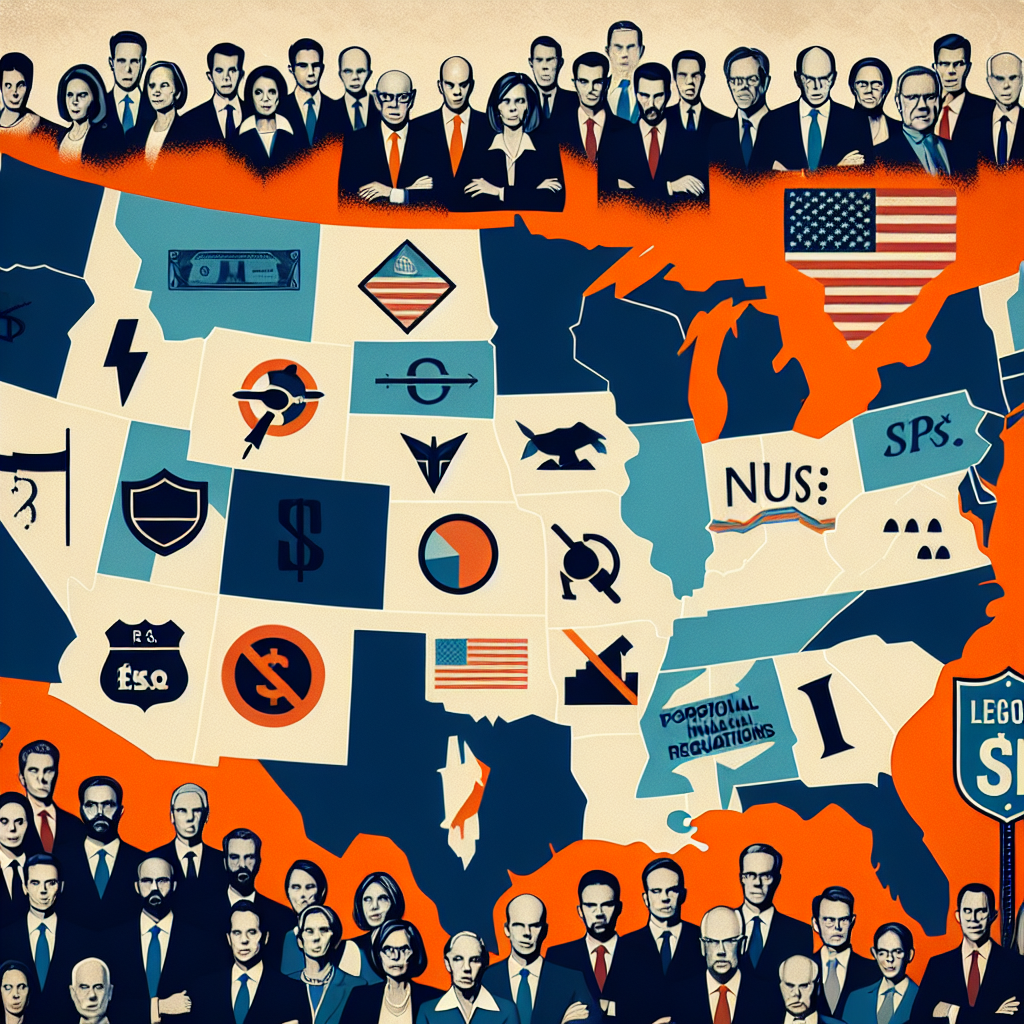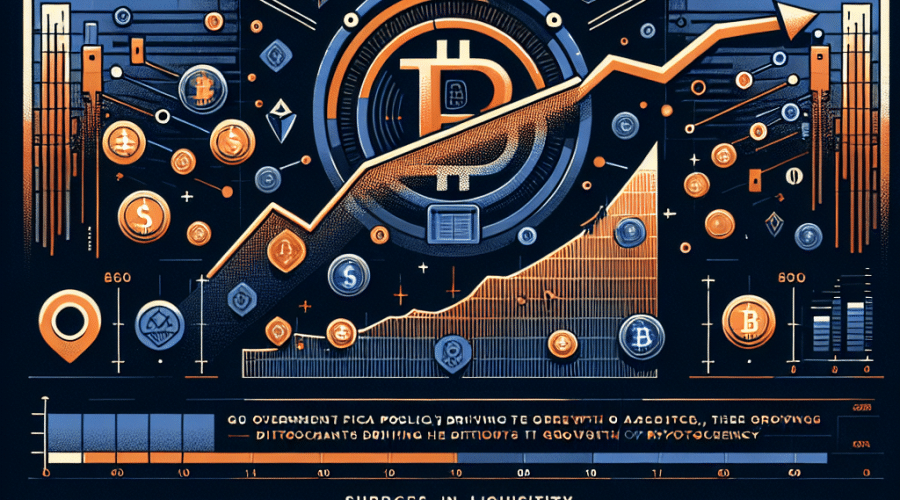The recent United States Stablecoin legislation, notably hailed by President Donald Trump and the cryptocurrency sector as a crucial initial move towards establishing a completely regulated U.S. industry, is currently under rigorous examination by Wall Street bankers. These bankers, surprisingly, have garnered support for their criticisms from unexpected quarters, including consumer advocates, and is urging for significant revisions to be made. Their main concern seems to be the clawing back of provisions that they believe pose a threat to facets of the present financial systems.
Bankers Strike Back
The American Bankers Association along with other banking lobbying organizations have teamed up this week with the National Consumer Law Center and Americans for Financial Reform – typically a hardline detractor of Wall Street’s policy objectives. These unusual alliances aim to influence changes in the current law. In particular, their focus is on a provision concerning the Guiding and Establishing National Innovation for U.S. Stablecoins (GENIUS) Act, where a subsidiary of a state-chartered uninsured deposit institution that issues stablecoins, is permitted to conduct nationwide money-transmission and custody services.
The banking industry argues that this provision sidesteps extant state licensing and regulatory supervision, therefore posing a risk to established systems. Their concerted efforts saw them penning a joint communique addressed to key U.S Senators, urging for this section of the legislation to be completely eradicated.
Bypassing State Law: A Call for Change
The bankers cautioned against overlooking state law in this instance. In their August 13-letter, they argued against enabling regulatory arbitrage that would afford these uninsured deposit institutions with special privileges on par with federally insured banks that currently operate across state lines – but without the associated regulatory checks and balances or the limitations on preemption that apply to those institutions.
Preserving Core Business Elements
This has further led the bank lobbyists to rally together to shield deposits – a fundamental aspect of their business operations from falling under the purview of the GENIUS Act. The lobbyists pointed out that while the law bans stablecoin issuers from offering interest or yield, it has an omission in not prohibiting the issuers’ affiliates or exchanges from indirectly offering returns on stablecoins.
This has sparked a concern amongst the bankers about an exodus of deposits, impacting money-market fund activity, as a result of competition that stablecoins might potentially introduce. They argue that immediate congressional intervention is required to safeguard the flow of credit to American families and businesses and maintain the stability of the prime financial market by sealing this interest payment loophole that stablecoins present.
The Stablecoins and Traditional Bank Deposits
Banks traditionally convert deposits into loans, therefore a shortfall in deposits could hamper necessary lending within the U.S. economy. However, this stance of the banks attracted criticism from Faryar Shirzad, the key policy officer at the U.S. cryptocurrency exchange Coinbase, who expressed his dissent via social media.
Shirzad cautioned against Congress legislating to curtail consumer choice and the opportunity it offers to the average person to earn returns on their capitals. He further disputed the conjecture that deposits to the tune of $6 trillion are at risk of being redirected from traditional financial institutions to stablecoins.
The uncertainty and debate surrounding the GENIUS Act, despite being signed into law by President Trump, underscore the need for more comprehensive, all-encompassing legislation to regulate U.S. crypto markets. As we wait to see how this evolves, there are clear indications that the banking industry is advocating for revisions, heralding a clash of traditional banking values with the rapid advancements in financial technology.


















